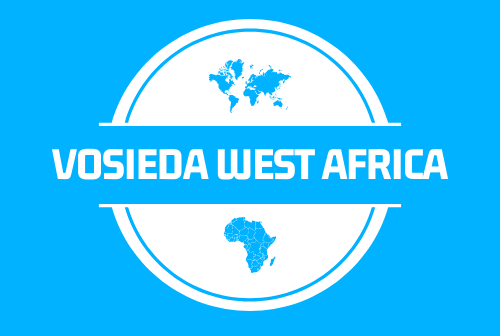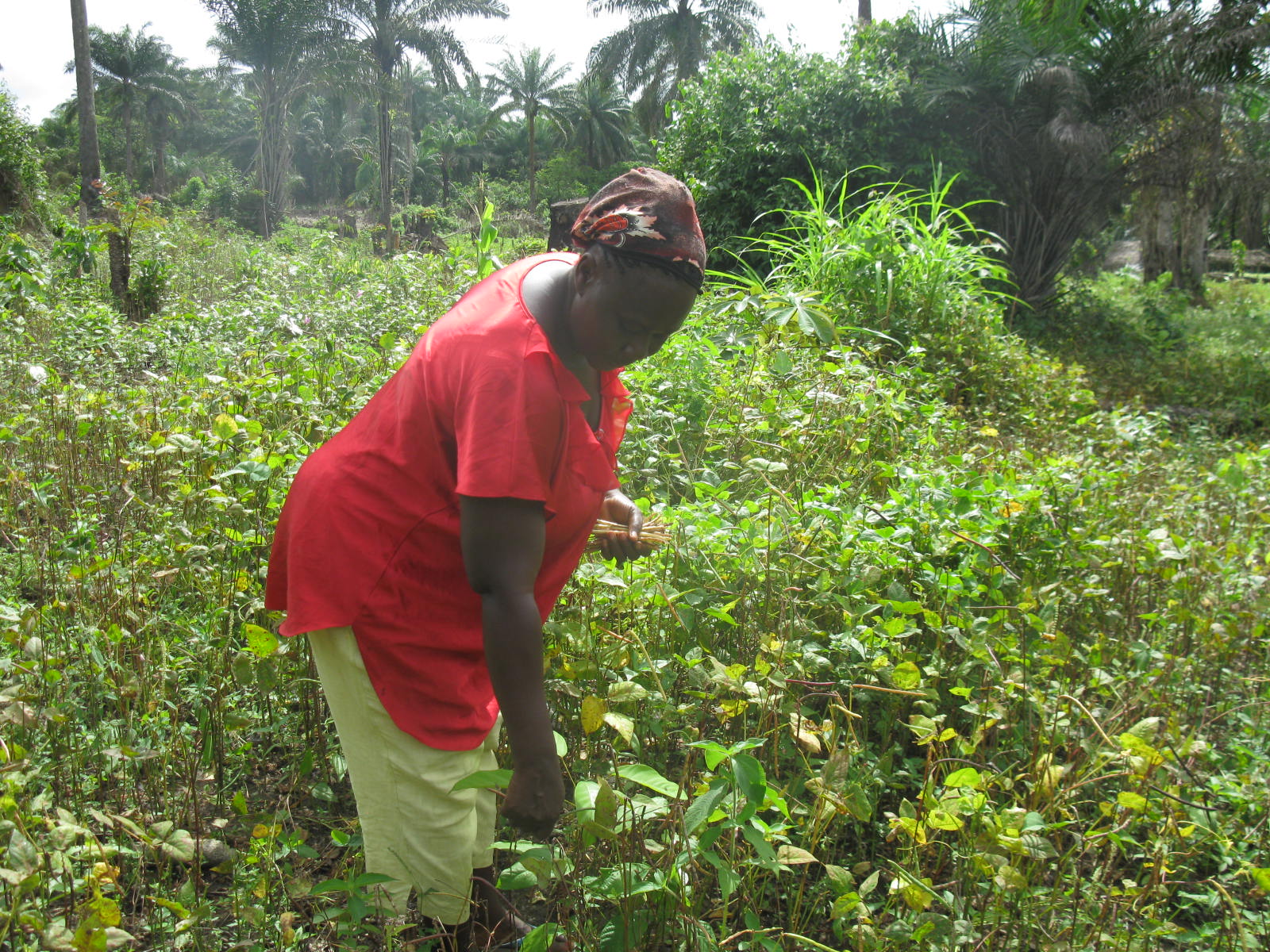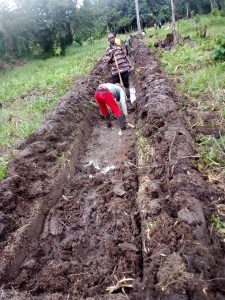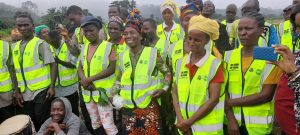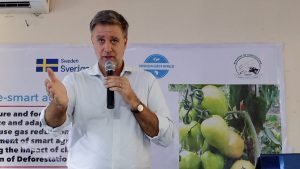Realizing Agriculture Potentials, Why Urgent in Liberia and the Sub region?
 Agriculture is crucial to achievement of the Sustainable Development Goals in Liberia and West Africa at large. Nevertheless, the agriculture sector is performing well below its potential. Today, about approximately 60 percent of Liberia’s population depends on agriculture for jobs and livelihoods, yet its contribution to the gross domestic product was less than 30% in 2019.
Agriculture is crucial to achievement of the Sustainable Development Goals in Liberia and West Africa at large. Nevertheless, the agriculture sector is performing well below its potential. Today, about approximately 60 percent of Liberia’s population depends on agriculture for jobs and livelihoods, yet its contribution to the gross domestic product was less than 30% in 2019.
The unacceptable reality is that too many small-scale farmers in Liberia and West Africa at large, still use methods handed from generation to generation, working their lands obsolete instruments such as hand-hoe, a technology long obsolete.
With some of the lowest rates of agriculture mechanization in West Africa, the majority of Liberian’s smallholder farmers have no option but to plant, harvest and process their crops by hand. Low rates of mechanization not only reduce the welfare and quality of life for farmers but also limit farm productivity.
What Is Holding Back Smallholder from Realizing Mechanization in Liberia and Sub-region?
In Liberia and West Africa, there is recognition from government, businesses to smallholders for the need to increase mechanization across agricultural value chain. The need for equipment such as tractors and implements to plant the crop, to technology to help harvest, process and store it crops are overwhelming.
Researches and discussions with manufacturers and vendors of agricultural equipment; from tractors, to fertilizer blending equipment and agro-processing machinery all emphasize that there is demand from small and medium enterprises, but they lack access to finance and do not have the necessary experience to make informed decisions on the purchase of appropriate equipment and how this should be operated and maintained to maximize profits.
Smallholder farmers in Liberia and the entire Mano River Basin region are challenged, but equally they need opportunity. They need their governments to demonstrate more ambition on their behalf. The government of Liberia and as well as in other nations in the sub-region must now scale up the appropriate infrastructure and ensure that financial systems are accessible for all.

When farmers access finance – credit, savings, insurance – they can insure themselves against risks such as climate related uncertainties and invest more effectively in better seeds, fertilizers and pest control. With access to decent roads and storage, farmers can get their harvests to market before they rot in the fields. Trade barriers and inadequate infrastructure are preventing our farmers from competing effectively. They are being told to box with their hands tied behind their back.
What Is VOSIEDA’s Vision for Mechanizing Agriculture in Liberia and the Sub-region?
Volunteers for Sustainable Development in Africa is focused on putting smallholder farmers at the center of the local growing economies in Liberia and Mano River Basin region. Together with its Partners,
VOSIEDA is working to provide small-scale farmers with seeds and fertilizers based on credit, making these supplies affordable and accessible. In addition, VOSIEDA provides up-to-date agricultural training to improve harvests, and helps farmers safely store their crops and build relationships with local traders.
When farmers improve their harvests, they produce more food for their families and communities. By 2024, VOSIEDA hope that participating farmers will produce a surplus of food to feed not only in Liberia, but also in Sierra Leone, Guinea, and the Republic of Côte d’Ivoire – countries in the Mano River Basin.

Lastly, to overcome the challenge of limited finance and lack of government support, VOSIEDA is working with local leasing partners to develop appropriate lease-to-own financing solutions. We are also exploring opportunities with international donors and multilateral organizations to build up the institutional and organizational capacities of Farmers Organizations. Enable Farmers Organizations at different levels to influence policies on priority subjects. Improve the entrepreneurial capacities of Farmers Organizations and their participation in value chains.
Do you need more information? Please talk to our Expert.
Programme Coordinator
Agriculture Intensification & Livelihood Diversification
